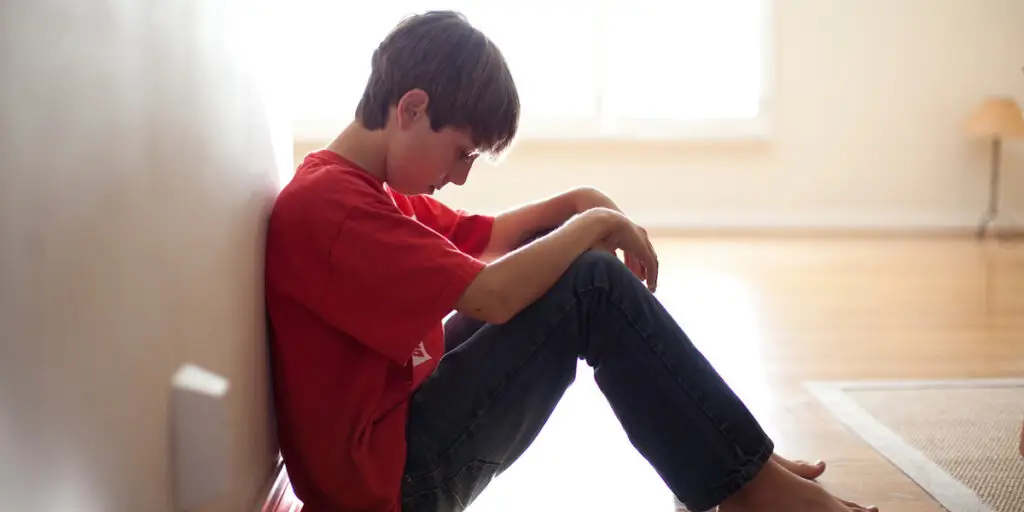*The following is excerpted from an online article posted by MedicalXpress.
Florida International University scientists investigating the effects of hurricanes and other natural disasters on children’s brain development previously found that increased exposure to media coverage of disasters led kids to have post-traumatic stress (PTS) symptoms regardless of physical proximity. A new follow-up study led by FIU psychologists Anthony Dick and Jonathan Comer confirmed those findings and also showed that individual differences in the response in a key brain region involved in detecting threats—the amygdala—predicted the degree to which viewing storm-related media coverage led children to develop PTS symptoms.
“Children are among the most vulnerable individuals during disasters, because they are still developing a sense of security, and have little personal control over their environments,” said Anthony Dick, psychology professor and researcher at the Center for Children and Families. “PTS can adversely affect long term health in children, but these findings will help us inform communities and families on how they can better prepare for and respond to disasters in ways that mitigate potential negative long-term mental health effects.”
Researchers analyzed 400 nine- to 11-year-old children from the Adolescent Brain Cognitive Development Study (ABCD), the largest long-term study of brain development and child health in the United States. The data included functional neuroimaging (fMRI) and information about history of anxiety and trauma. During the data collection, Hurricane Irma, one of the most powerful Atlantic hurricanes on record, impacted three of the study sites at FIU, University of Florida, and Medical University of South Carolina. After the hurricane, the researchers at these sites and at the University of California, San Diego, which was not directly impacted by the storm, collected data on the extent of their direct hurricane exposure, pre-storm media exposure, and PTS symptoms.
“Many of us consume sensationalized news of traumatic events, but unfortunately, children are watching, too—and our research shows that they don’t even need to be physically close to these events to experience mental health consequences,” said Dick.
“We hope that our findings bring a renewed sense of urgency for parents to help children avoid unnecessary extended exposure to disaster-related news,” Comer said.
The study was published in Nature Human Behaviour.
Source: MedicalXpress
https://medicalxpress.com/news/2021-11-excessive-media-exposure-traumatic-events.html



